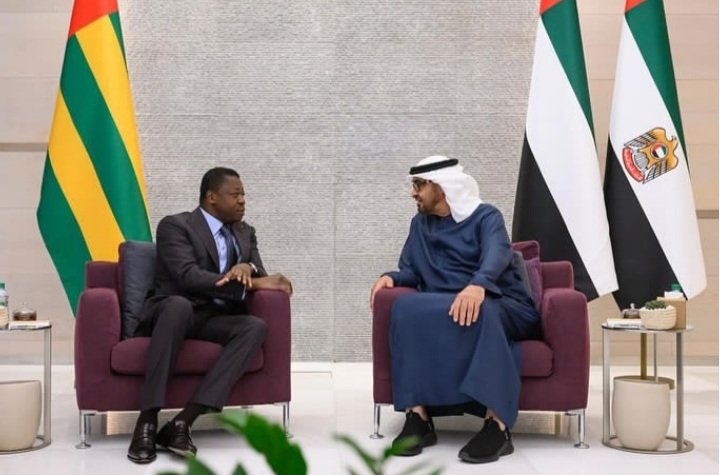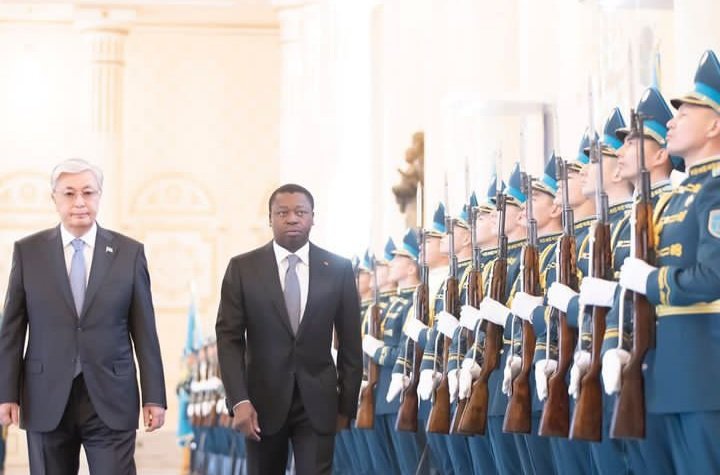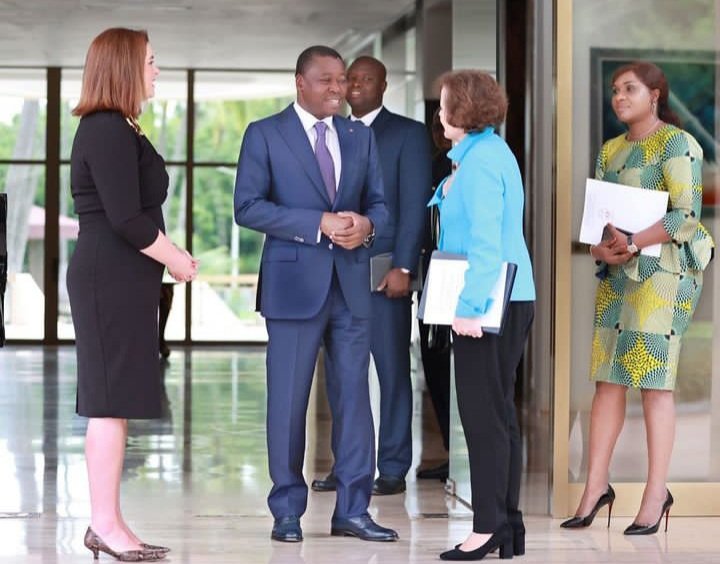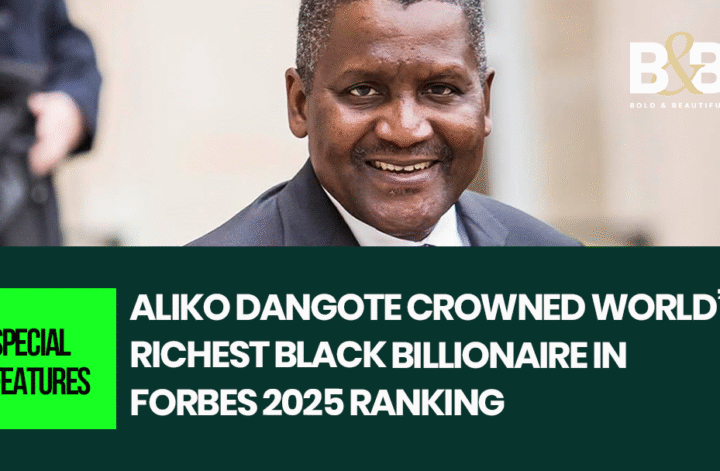Faure Essozimna Gnassingbé, the incumbent President of Togo, has forged a legacy grounded in national reconciliation and economic modernization since assuming the presidency. Born on June 6, 1966, in Afanyagan, Togo, Gnassingbé is the offspring of Etienne Gnassingbé Eyadema, a military official who seized power in a coup d’état in 1967. Faure’s academic odyssey led him from Lomé to Paris, where he attained degrees in economics and international relations from the prestigious Sorbonne, and subsequently to George Washington University, where he acquired an MBA.

Faure Essozimna Gnassingbé’s political career took off when he won a parliamentary seat in 2002, representing the Blitta area. Demonstrating remarkable political acumen, he swiftly ascended the ranks, soon being appointed Minister of Transportation, Mines, and Equipment by his father, then-President Etienne Gnassingbé Eyadema. When his father passed away in 2005, the military intervened, naming Faure as his successor. This move was met with international condemnation, leading Gnassingbé to temporarily step down.
However, he soon reclaimed leadership by winning the presidential election in April 2006 with a decisive 60% of the vote. Since assuming office, Gnassingbé has prioritized political openness and inclusive governance. He has established a permanent dialogue with various political factions, striving to foster a more unified and peaceful political climate. A landmark achievement in this endeavor was the 2006 agreement with opposition groups, which marked a significant step toward inclusivity in Togolese governance.

Under Gnassingbé’s leadership, Togo’s economy has seen notable growth. His administration has implemented bold policies to modernize the nation and improve the living conditions of its people, particularly the vulnerable. His initiatives to enhance the business climate and attract investment have been pivotal in supporting Togo’s economic development. Gnassingbé’s visionary leadership has not only led to economic growth but has also fostered social progress in Togo. For instance, his focus on infrastructure development has resulted in the construction of new roads, bridges, and public facilities, connecting remote areas and improving access to essential services. Additionally, his emphasis on education has led to the establishment of more schools and vocational training centers, equipping the population with the skills needed for a competitive workforce.

Moreover, Gnassingbé’s commitment to healthcare reform has seen the expansion of medical facilities and the implementation of public health campaigns, resulting in improved healthcare access and outcomes for Togolese citizens. By prioritizing the needs of the vulnerable populations, such as women, children, and the elderly, his administration has demonstrated a dedication to inclusive development that leaves no one behind.
Gnassingbé’s strategic policies and forward-thinking initiatives have not only propelled Togo’s economic growth but have also laid the foundation for a more prosperous and equitable society. His leadership continues to inspire progress and transformation, making Togo a shining example of sustainable development in the region. Gnassingbé’s influence extends beyond Togo’s borders. Having chaired the West African Economic and Monetary Union, he now supervises ECOWAS’s response to the Ebola virus disease, demonstrating his commitment to regional stability and health.

Gnassingbé’s term has not been devoid of challenges. An unsuccessful coup orchestrated by his half-siblings in 2009 underscored internal discord, resulting in the conviction of one sibling to a 20-year prison sentence. Despite these obstacles, Gnassingbé’s political tenacity has led to his re-election on multiple occasions, most recently in 2020 with an overwhelming majority of over 70% of the votes.
Gnassingbé is married to Nana Ama Kufuor. His personal and professional life reflects a blend of traditional values and modern aspirations, guiding Togo towards a future marked by growth and reconciliation.





